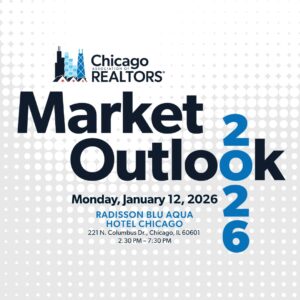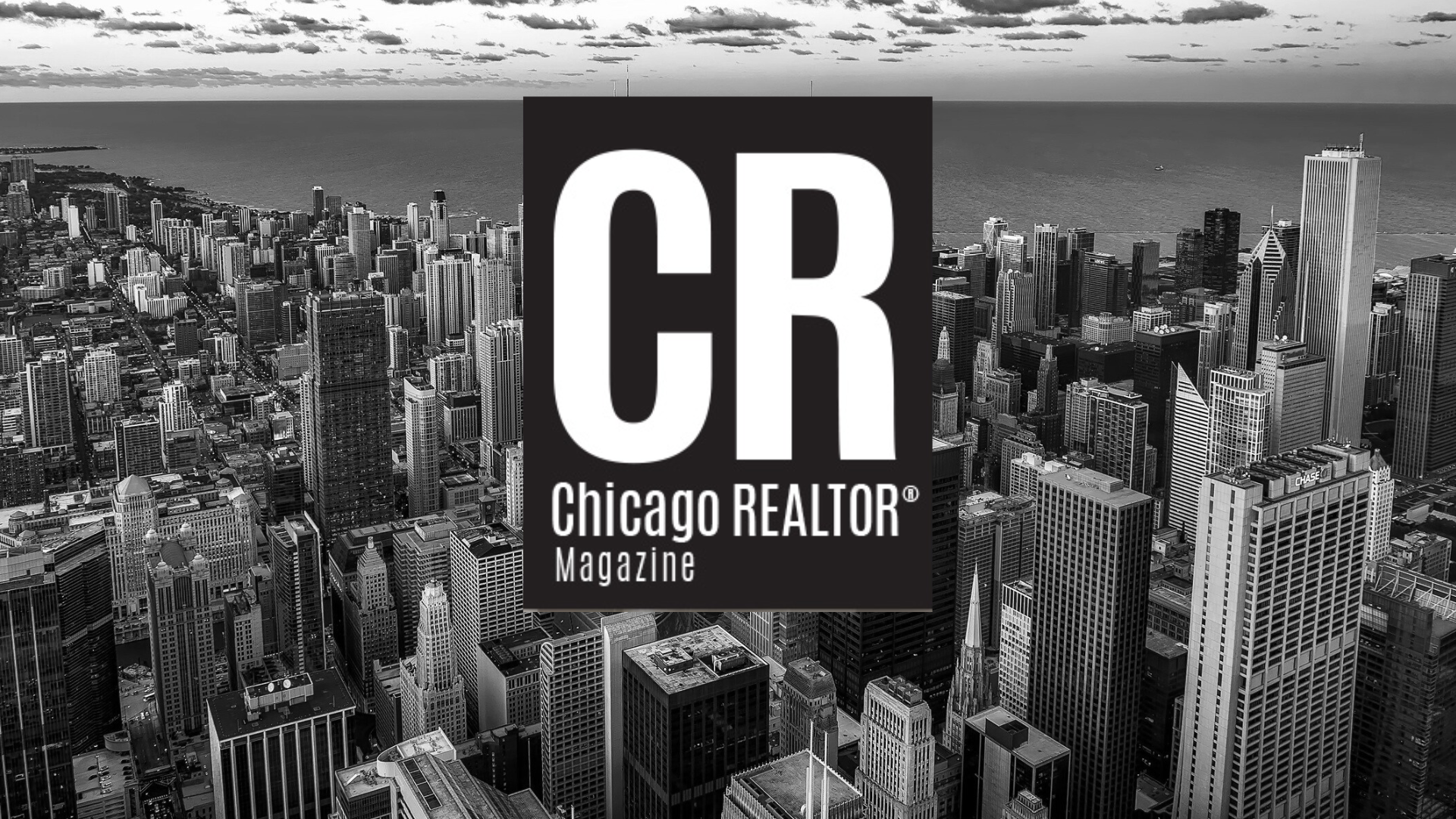As REALTORS®, you are looked to as a trusted resource to navigate the complexities of buying, selling, leasing or investing in real estate. Beyond the steps of the process is the trust given to you to access someone’s home. Whether you are a listing agent or cooperating broker, maintaining that trust and ensuring the security of all properties is crucial to our industry and public safety. When a REALTOR® accesses a property without authorization, accesses a property inconsistent with prior authorization or provides someone else access to a property without authorization, that trust is immediately broken. It can also create a potentially dangerous scenario for everyone in that home without authorization, and that REALTOR® could be in violation of both the REALTOR® Code of Ethics and Illinois Real Estate License Act.
The REALTOR® Code of Ethics addresses unauthorized access in two places: Article 1 and Article 3. Article 1 covers protecting and promoting the best interest of your client, with Standard of Practice 1-16 stating: “REALTORS® shall not access or use, or permit or enable others to access or use, listed or managed property on terms or conditions other than those authorized by the owner or seller.” This Article and Standard of Practice is applicable to a listing agent. Yes, even a listing agent can be found in violation of the Code of Ethics for their own listing if they are accessing the property inconsistent with the direction of their seller or landlord.
Article 3 covers cooperating with other brokers, with Standard of Practice 3-9 stating: “REALTORS® shall not provide access to listed property on terms other than those established by the owner or the listing broker.” This Article and Standard of Practice is applicable to all REALTORS® when they are accessing someone else’s listing.
Article 3 and Standard of Practice 3-9 is currently our most cited violation within our ethics citation program. That’s because unauthorized access to a home comes in many forms. The top four reasons a REALTOR® is found in violation of Article 3 are:
- Accessing a home outside of a confirmed showing time. Even with a confirmed showing, a REALTOR® can violate the Code of Ethics if they show that property early, late or even on the wrong day. If you only have permission to be in a property from 4:00 PM to 5:00 PM on a certain day, accessing it at any time outside of that confirmed timeframe without additional approval would be a violation.
- Scheduling a showing but sending another agent to cover the showing. This is happening more and more without prior approval, and it is a violation of the Code. If Broker A schedules a showing and receives permission from the listing agent to access a property, that isn’t a blanket authorization for anyone to access – it is specific to Broker A. If Broker A decides to send Broker B from their office and provides Broker B with the instructions to access the property without prior confirmation by the listing agent, Broker A has violated the Code by providing access to a property without authorization and Broker B has violated the Code for accessing a property without authorization.
- Accessing a property without any confirmed showing. No REALTOR® should ever access a property without permission to do so, even if you can access it through an electronic lockbox system like SentriLock. If you’re in a neighborhood or building with multiple lockboxes or properties for sale, ensure you are accessing the correct lockbox and property.
- Giving access to a property directly to a client. This one might seem obvious, but unfortunately this scenario still happens. You’re not able to make a showing, so you decide to give your clients access to the property or lockbox. This is the scenario that can cause the most damage to your reputation, to our industry and to public safety. There is never any circumstance in which it is acceptable to give access to a property directly to a client.
As mentioned earlier, just because you have a listing and the keys to your client’s home does not mean you have blanket access to that home at any time. If you, as the listing agent, are accessing your own listing inconsistent with the permission given to you by your seller or owner, your seller or owner could file a Code of Ethics violation against you, alleging a violation of Article 1, Standard of Practice 1-16 for unauthorized access. Some examples might be:
- Showing the property without first getting their authorization if they have requested you confirm every appointment with them
- Bringing a friend by a listing because you want to show off the amazing view and know the seller is out of town.
It should be noted that most of these scenarios can be avoided by simply communicating any changes with the listing agent. While the examples focus on a showing and a lockbox, unauthorized access also applies to inspections, walk-throughs and appraisals, as well as accessing a home in any other manner without authorization, like entering a home because the door was unlocked.
So, what can you do to help protect your industry and public safety?
- As a listing agent, use an electronic lockbox such as SentriLock. SentriLock lockboxes are more secure than a combination lockbox and the system tracks every time your lockbox is accessed.
- Utilize SentriLock’s advanced features, such as SentriConnect, to provide access to non-SentriLock brokers. SentriConnect is a newer feature intended to replace one-day codes.
- Always receive authorization prior to accessing a property and follow those terms of authorization.
- Over-communicate with a listing agent if something comes up that will change the terms of access, and be sure to receive confirmation back from that listing agent before changing your plans, like a new time, new agent, etcetera.
- Never give a client direct access to a lockbox or property.
- Report any known violations of unauthorized access. Our Ethics Citation Program is designed to be an expedited procedure for reporting these types of violations. REALTORS® found in violation of Standard of Practice 1-16 or Standard of Practice 3-9 can be fined $2,500 through this program.
By working together with the Code of Ethics in mind, we can ensure that each of us are held to the highest standard of practice.







